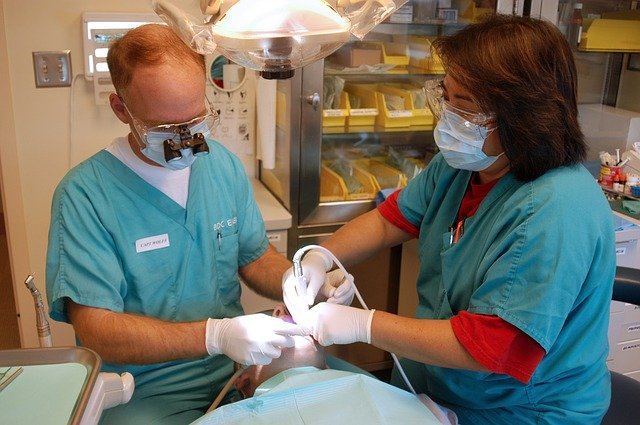Tooth extraction is a common procedure. When your teeth are severely decayed and broken, and the dentist cannot repair them with a filling or other dental procedure like a root canal, tooth extraction is the last option. When you know what to expect before and after tooth extraction, you will be at ease. By following clear instructions, you can prevent infections and avoid dry socket, which is a very painful condition.
Let’s see what you should do before and after tooth extraction.
Before Tooth Extraction
- Ask questions
It is normal to have questions about the procedure. Don’t hold back. List down all your questions and remember that no question is too silly to ask. Get answers to your questions before proceeding with the tooth extraction procedure.
- The Dentist will Perform X-Rays
Before the extraction, the dentist will perform x-rays of your teeth. This is because they require a full panoramic x-ray to determine the position of all the internal structures. This helps them figure out if these structures could be affected by the procedure.
- Don’t Eat or Smoke on the Day of Surgery
Ideally, you should avoid eating 12 hours before tooth extraction. This helps in preventing nausea during and after the procedure. If local anesthesia is being used, you may not have to fast for that long. It would be better to ask your doctor for more details about the process. Make sure you inform the doctor if you have a condition that doesn’t allow you to fast, like diabetes.
If you are a smoker, do not smoke for 12 hours before the surgery. You must not smoke for 24 hours after the surgery as well. Smoking after the surgery will slow down the healing procedure, and there is a higher risk of dry socket.

- Share Your Medical History
Share your medical history before the tooth extraction procedure. Be honest and give a comprehensive history without leaving out any details.
Some conditions make you more susceptible to infections. The medical conditions include:
- Liver disease,
- An impaired immune system,
- Congenital heart defects, or
- History of bacterial endocarditis
At the same time, give a complete list of current medications you are on. This helps your doctor avoid drug interactions.
If you take blood thinners, your doctor may request you to stop them as they could increase the risk of bleeding during the procedure. Blood thinners may also prolong the healing process after the treatment.
After Tooth Extraction
It will take you a few days to recover from a tooth extraction. Follow the post-surgery instructions carefully, as they will help you reduce the risk of infection and minimize discomfort. The recovery will also be faster.
- Take medication and painkillers as prescribed.
- Apply an ice bag to the affected area immediately after the procedure to reduce swelling.
- Prop your head up when you are lying down. The bleeding may not stop if you lay flat.
- Brush and floss as usual to prevent infections, but ensure you avoid the extraction site.
- Do not indulge in too many activities after the extraction. Relax for at least 24 hours after the extraction.
- Eat soft foods for a few days, and gradually add solids to your diet.
Look out for signs indicating wisdom tooth extraction procedure that you may need to undergo. This includes pain, inflamed gums, cavities, sinus issues, and cysts in your moth. Don’t let the fear of pain or medical equipment take over you. Just listen to what the doctor says and follow all the steps that are required before, during, and post-surgery. You will be back to normal long before you know it.
This is a guest post by Dr. Anu Isaac, DMD, who runs a successful dental practice in Salem, MA. As the founder of Coral Dental Care, she is dedicated to creating healthy, beautiful smiles for her patients and also to educating the dental and non-dental community with her engaging articles on all things related to oral health, recent dental innovations, and the latest treatment modalities.
